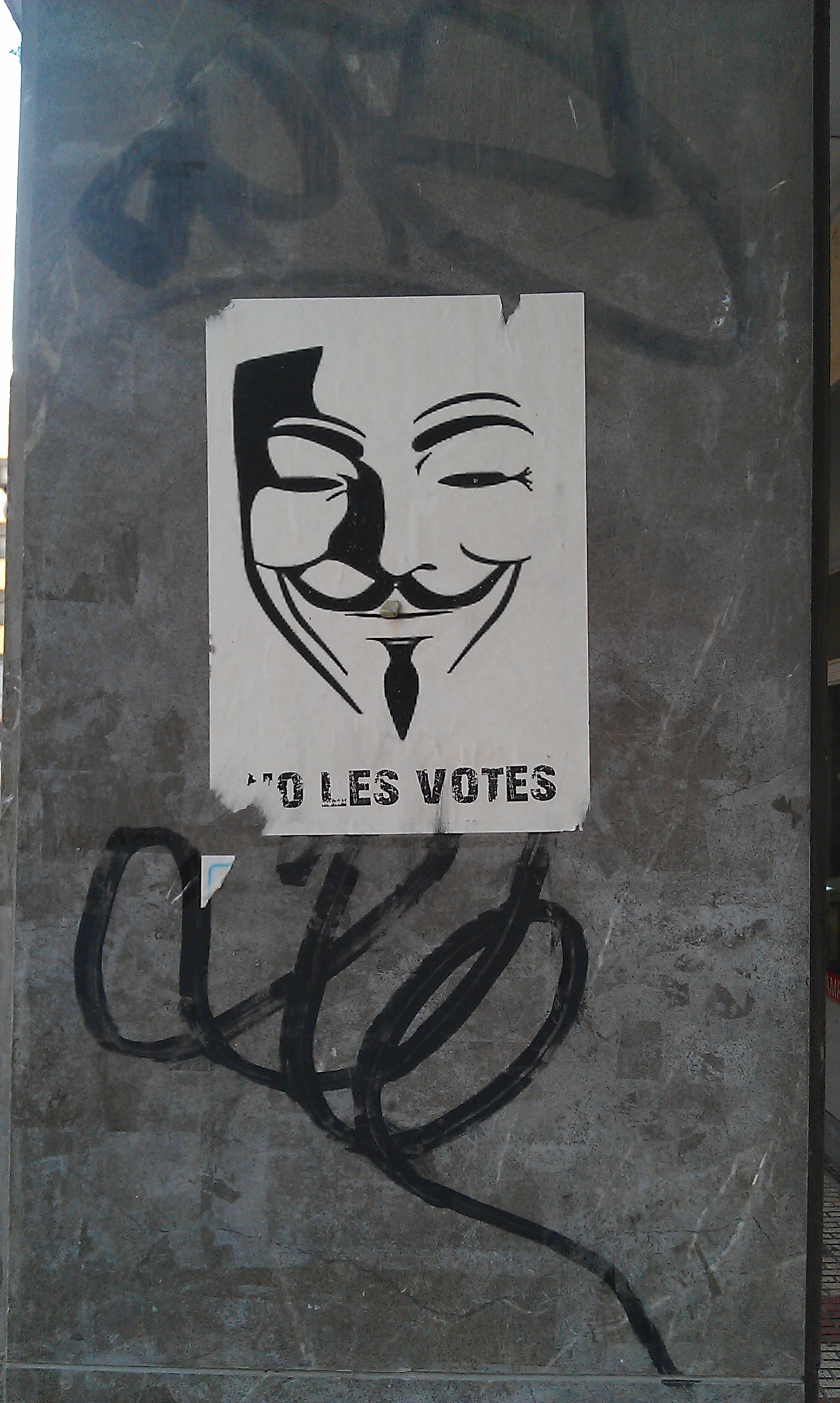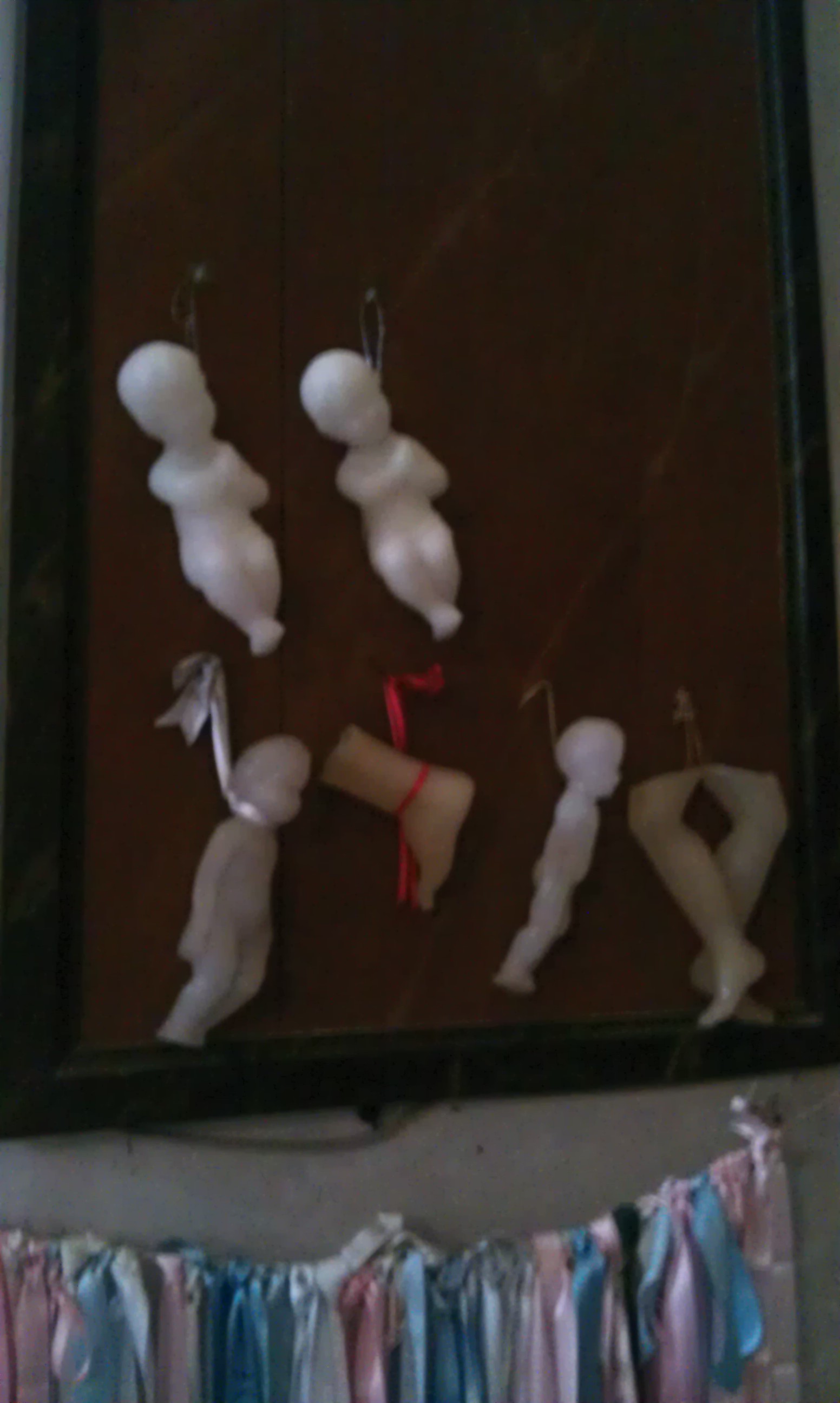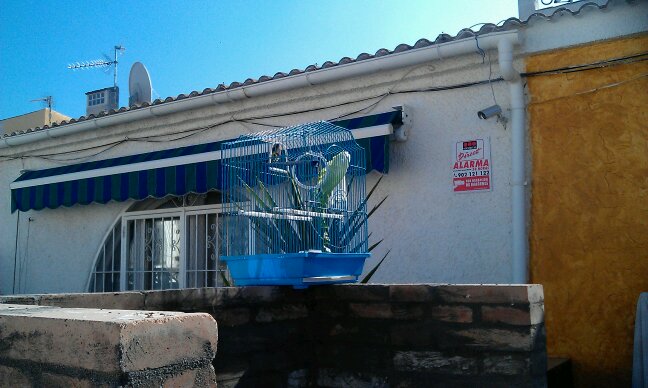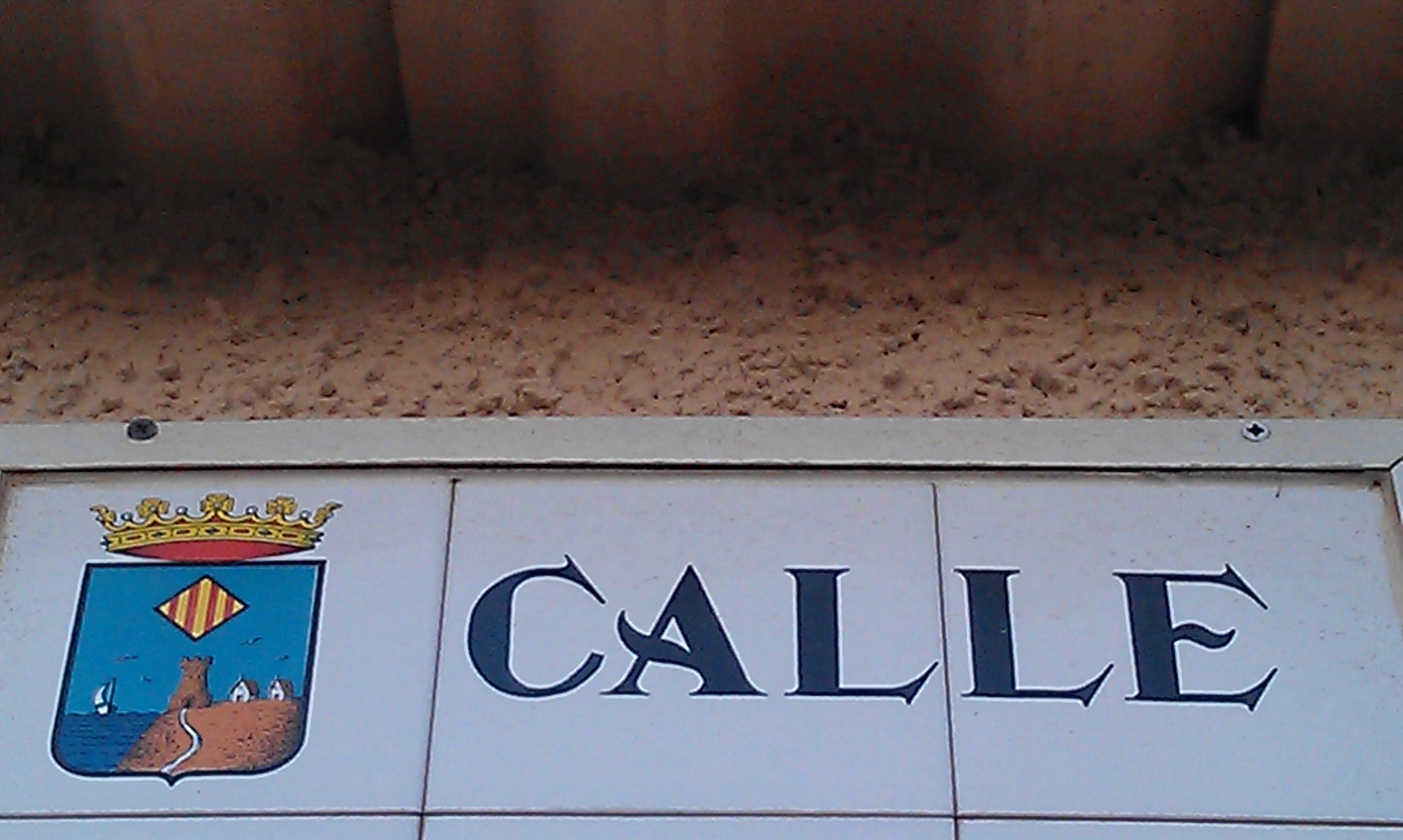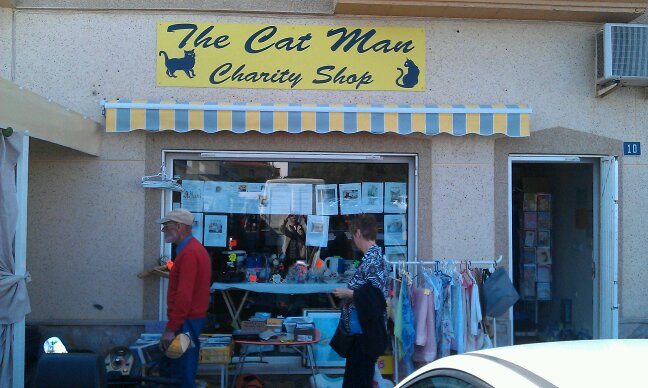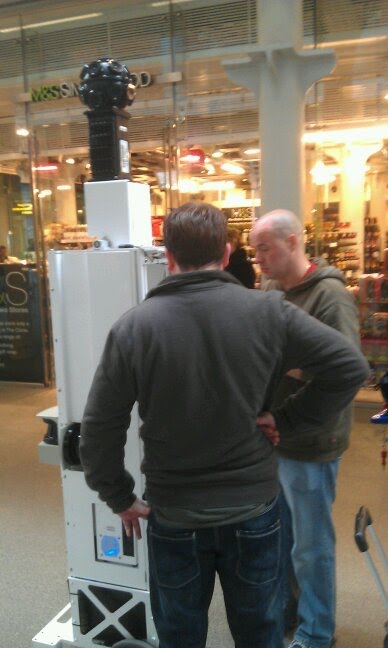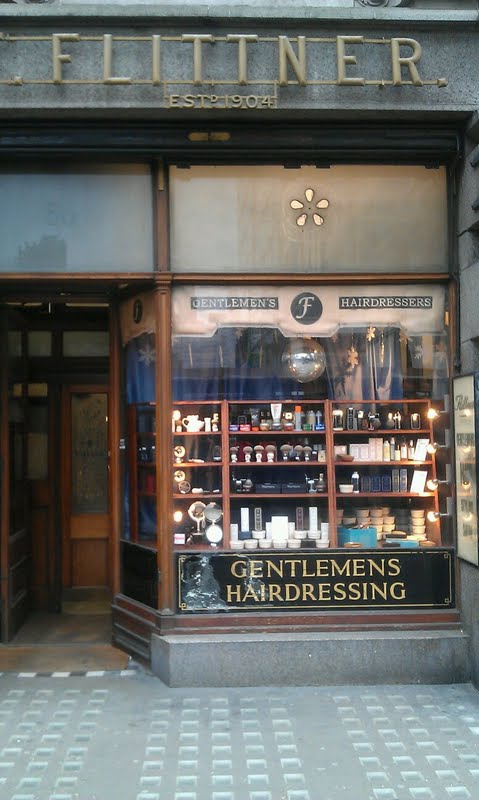I’ve watched the two parts of a documentary seen on the BBC about a Baka family living in the Cameroon rainforest. The first part is really the original documentary made in the mid 1980s from a two year period spent filming with them. They were still living a forest life this family, hunting and gathering, living with limited contact with the outside world.
Recently the original filmaker (Phil Agland) returned to find the same family after 25 years. Significantly he didn’t give them two years this time, a few months I think. They welcome him back and he plays them the film of their parents and themselves as children. Gradually we learn of the loss of the skills of hunting and gathering, an invasive alcoholism, depredation of the forest through logging, mining and national park legislation.
It is an agonising journey but one which ended for me with a lot of concern about what the film maker had done and said. In a final scene, the main Baka man featured is seen washing his disabled daughter’s knees in water mixed with mud from his fathers grave. The scene is haunting. The soil is red.
The grave has come to life for the young man partly through his father’s virtual resurrection by the presence of the film crew. Yet we are treated to a voice-over that intones something like: “Is this what it has come to? Washing his daughters knees in the mud of his father’s grave?” It came across as condescending. as if there were more pathos than nobility.
I realise and respect the film makers desire to tell the world about the plight of the Baka but his voice-over denied an agency to that young man which is the expression of being Baka not its parody.
Definitely watch the two programmes though if you get the chance.

